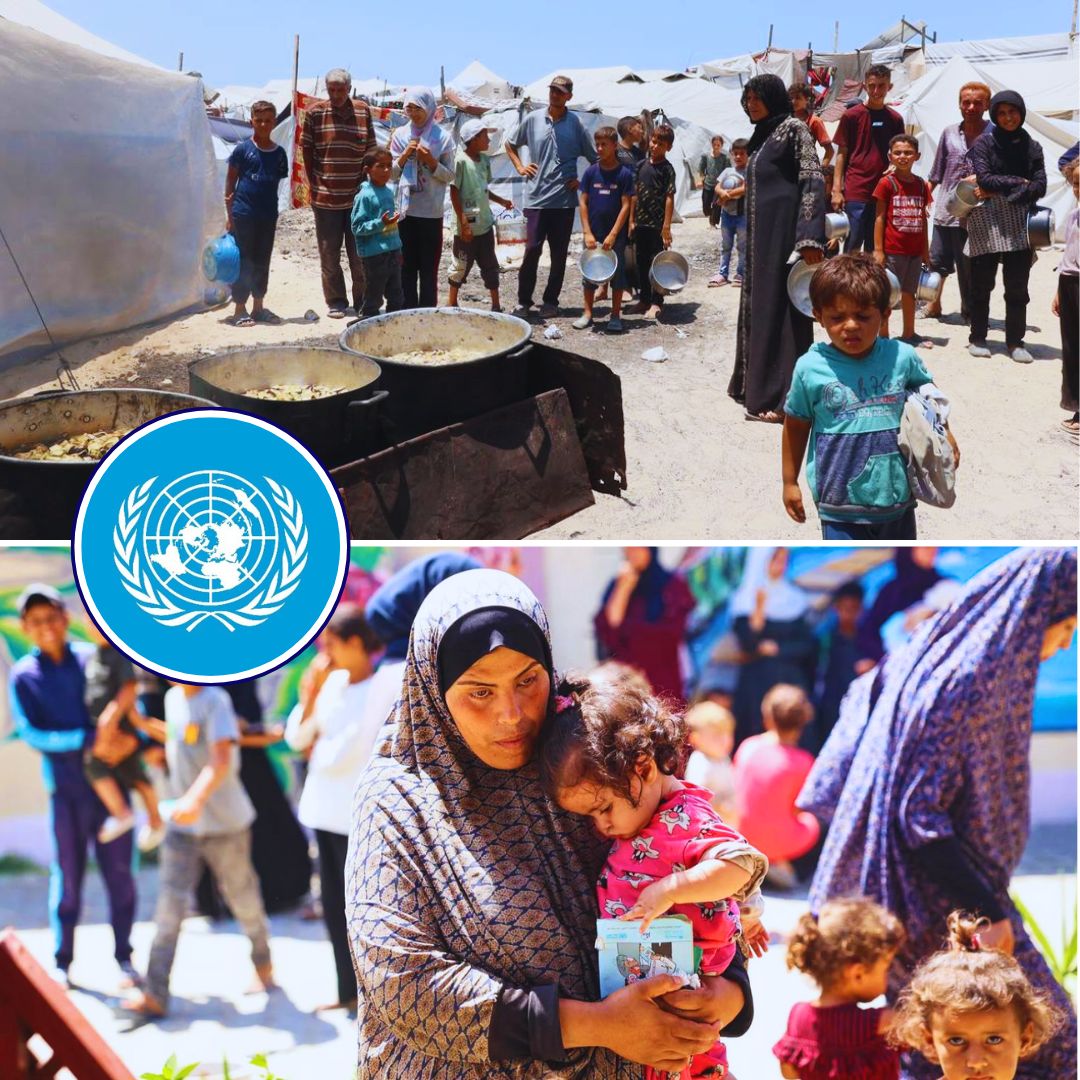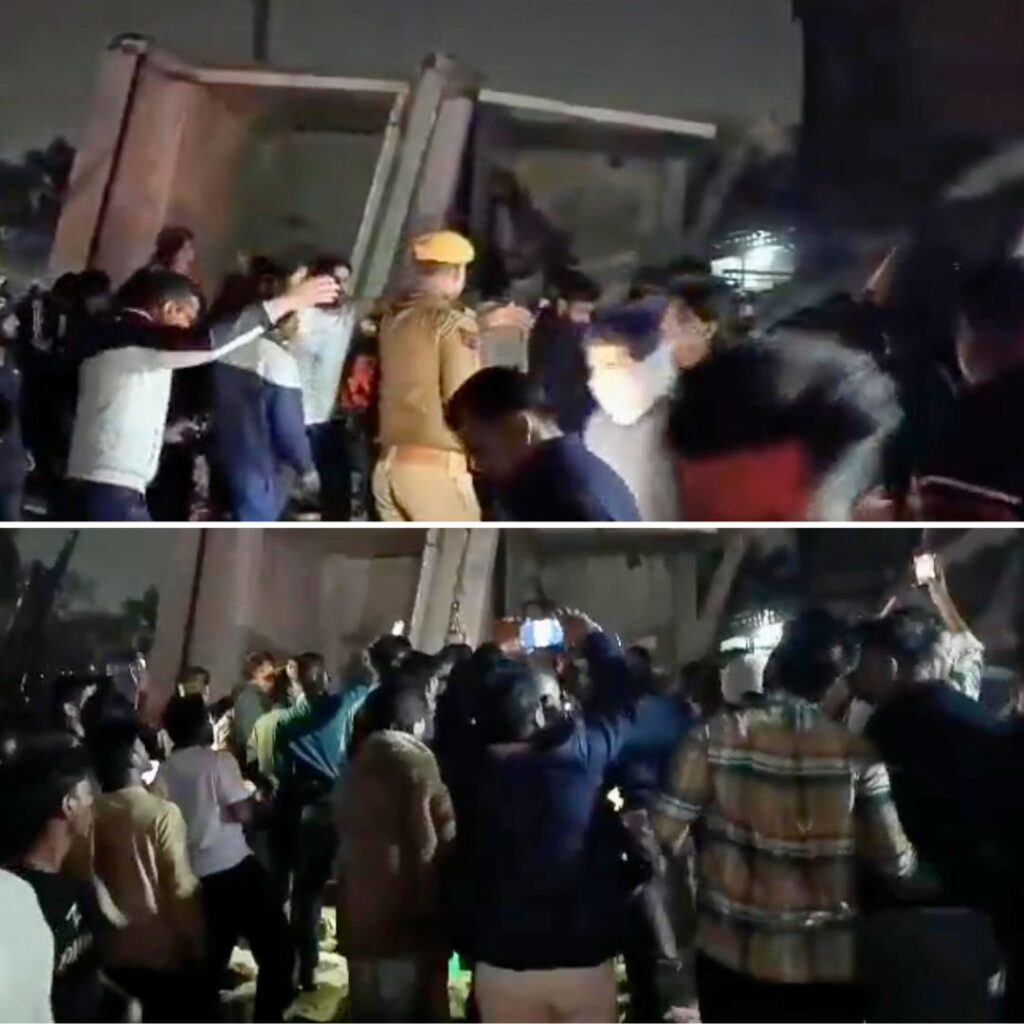Nearly 12,000 children under the age of five in Gaza currently suffer from acute malnutrition, with death rates from malnutrition-related causes surging sharply in recent months, according to the World Health Organization (WHO) and UNICEF.
Since January 2025, 99 deaths linked to hunger and malnutrition have been confirmed, including 35 children under five. The crisis is fueled by ongoing conflict, destruction of infrastructure, and severe restrictions on humanitarian access due to the blockade.
Aid agencies and UN officials urgently call for an immediate ceasefire, unhindered delivery of food and medical supplies, and sustained international efforts to protect the most vulnerable. Without swift intervention, the loss of life, especially among children, could escalate dramatically.
Critical Malnutrition Statistics and Healthcare Collapse
The WHO has characterised the situation as a “grave emergency.” In Gaza City alone, nearly one in five children under five is acutely malnourished, with malnutrition rates tripling in some regions since June 2025. Over 5,000 children were admitted for outpatient treatment in the first two weeks of July, with 18% suffering from Severe Acute Malnutrition (SAM), which is life-threatening.
Hospital admissions of children with complications have increased sharply, overwhelming the four specialized malnutrition treatment centres in Gaza. These centres are grappling with severe shortages of fuel and supplies, jeopardizing their ability to provide care.
Pregnant and breastfeeding women, who form another highly vulnerable group, face alarming malnutrition rates exceeding 40% in severely affected areas. UNICEF data show more than 20,000 children treated for malnutrition since April, signaling a worsening trend that the fragile healthcare system is unable to manage effectively.
Health workers describe many children arriving at hospitals either dead on arrival or in critical condition, underscoring the catastrophic delay in accessing lifesaving care. The ongoing breakdown of water and sanitation services accelerates the spread of disease, compounding the risk of death among malnourished children.
This systemic collapse creates a vicious cycle: malnutrition weakens immunity, making children more susceptible to illness, which in turn worsens nutritional status.
Conflict, Blockades, and Humanitarian Access: The Underlying Causes
This crisis cannot be separated from the larger context of the prolonged conflict and blockade in Gaza. Since late 2023, the conflict has decimated approximately 70% of Gaza’s infrastructure, displacing over 90% of its 2.1 million residents.
Restrictions on movement and goods have created an unprecedented food crisis, with families forced to risk their lives daily in search of sustenance. Since late May, over 1,060 people have been killed, and 7,200 injured while attempting to access food, demonstrating the lethal consequences of this blockade and conflict-induced scarcity.
UN humanitarian reports emphasise that only a fraction of the required food aid reaches Gaza, with daily aid truck deliveries at less than 15% of what is needed to meet basic population demands. This blockade and the frequent obstruction or looting of aid convoys have drastically undermined relief efforts, precipitating what UN officials describe as a humanitarian catastrophe teetering on the brink of famine.
Secretary-General António Guterres has called for an immediate ceasefire and full humanitarian access, urging global unity to alleviate this crisis and protect civilians.
The Logical Indian’s Perspective
The mounting child malnutrition and starvation deaths in Gaza tragically spotlight how prolonged conflicts rob the innocent of their fundamental rights, including access to food and healthcare. Each child lost reflects a future irretrievably stolen.
The Logical Indian firmly believes that safeguarding children and nurturing life must transcend political divides. Peace, empathy, and humanity demand urgent, coordinated global action focused on unimpeded humanitarian aid, civilian protection, and diplomatic efforts toward lasting ceasefire and reconciliation.
Ending this crisis requires transforming collective compassion into tangible and sustained solutions that prioritise children’s survival and well-being.











